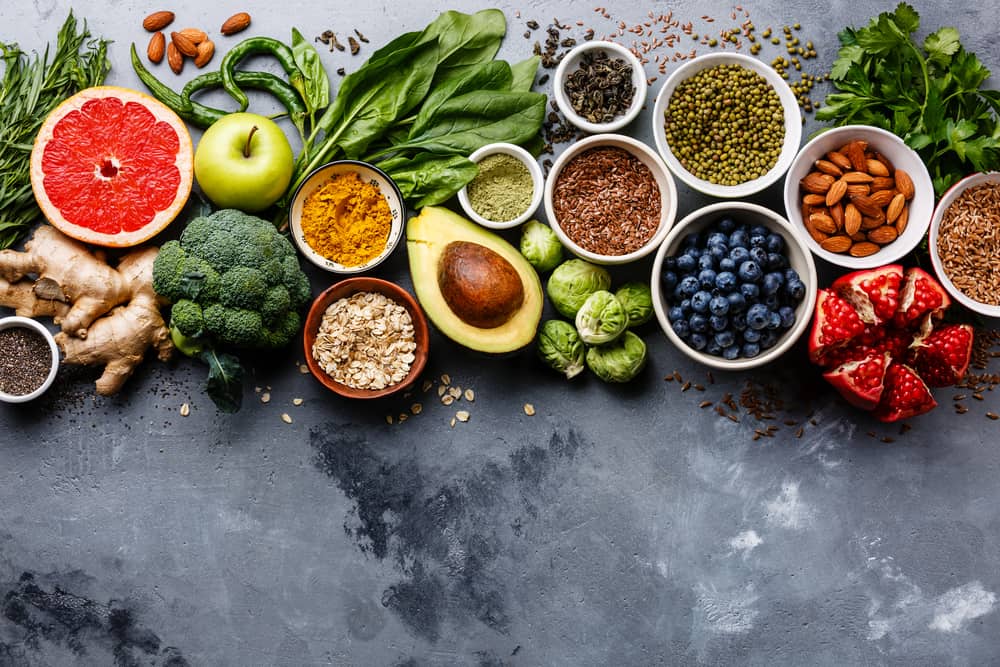How about a salad first? Here is 'Food Sequencing'
Changing your dietary habits can alter your life, according to biologist and author Jessie Inchauspé of The Glucose Revolution. She frequently recommends “eating your meals in a precise order” (food sequencing) as a crucial part of your diet in the media and on Instagram.
According to her, you may control blood sugar surges and improve your health by starting your meal with a salad, followed by protein, and completing it with starchy carbohydrates.
Does this make sense from a scientific standpoint? Yes, at least in part, it seems.
What is a glucose spike?
Your blood sugar spikes about 30 to 60 minutes after consuming carbohydrates. How significant this increase is and how long it lasts will depend on various factors. These elements consist of the foods you eat with or before carbs, the carbs’ fiber content, and your body’s capacity to produce and utilize the hormone insulin.
Any strategy to control the glucose peak is crucial for patients with specific chronic problems. These circumstances include:
- Diabetes
- Reactive hypoglycemia
- Hypotension following a meal (low blood pressure after a meal)
- Weight-loss surgery.
This is because sustained high glucose levels impair numerous hormones and proteins, including those that promote inflammation. Diabetes and heart disease are two illnesses that have been associated with inflammation.

Various foods, various spikes
Does the meal consumed before carbohydrates affect the rise in blood sugar? Yes, that’s the basic answer. There is no fresh evidence for this.
High-fiber foods, such as salads, have long been recognized to impede gastric emptying (the rate at which food leaves the stomach). As a result, diets high in fiber delay the absorption of nutrients like glucose in the small intestine.
Additionally, proteins and lipids delay stomach emptying. The protein also has the benefit of promoting the hormone glucagon-like peptide 1. (GLP1).
This hormone is released when the protein in your food interacts with the cells in your intestines, which further delays stomach emptying. The pancreas, which assists in the secretion of the hormone insulin, which removes glucose from your blood, is also impacted by the hormone.
GLP1 receptor agonists, a new family of highly effective medications for persons with type 2 diabetes, are pharmaceuticals that imitate how GLP1 functions. These medications make a difference when it comes to bettering blood sugar regulation.
What about consuming meals in sequence?
Giving test subjects a “preload” of fiber, fat, or protein before a meal is how most scientific studies on whether eating foods in a specific order affects glucose spikes are conducted. Usually given around 30 minutes before the carb, the preload is a beverage.
According to one study, consuming a whey protein shake 30 minutes before eating mashed potatoes slowed stomach emptying more effectively.
The evidence for eating other food categories separately or in order during an average meal is not as robust, even if it implies that having protein before carbohydrates helps prevent glucose increases.
According to Inchauspé, proteins, lipids, and fibers do not combine in the stomach. The meal doesn’t leave the stomach until it is broken down into tiny particles.
Is there any convincing proof that eating in a particular order (food sequencing) is better than eating food the way you want it, given the additional facts that liquids drain more quickly than solids and that people typically finish their entire supper in around 15 minutes?
Yes, but not so strong.
In a single, tiny trial, 16 healthy individuals were given five different food combinations to try. Meals have to be consumed within 15 minutes for participants.
Comparing the groups that consumed their veggies before meat and rice to the other sequences, there was no overall difference in glucose rises.
So what's the message we should get?
If you have diabetes or any other medical condition, paying attention to these glucose fluctuations is essential. If you suspect such a situation about yourself or if you want to take precautions early, we would be happy to see you in our centers. Through the nutrition program we will prepare for you, you will get rid of your problems and feel healthier.
If you do not want to face the problem of diabetes and want to take a crucial step for your health, we recommend that you contact our staff. From the first moment you contact us, you will experience how much we care about your health. Please review our Diabetes Recovery Program for more information and to take the first step towards a healthy life.
Learn about Diabetes Recovery Program at TheLifeCo







